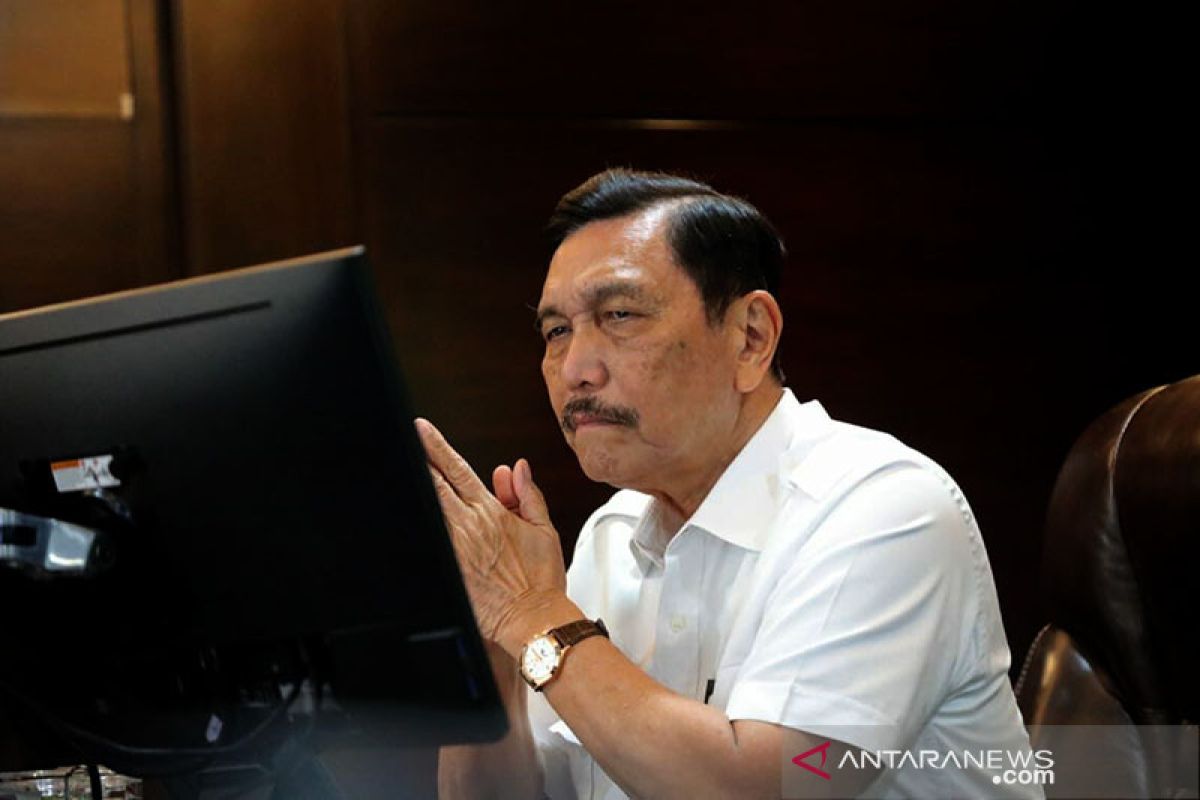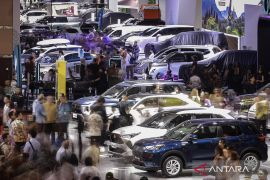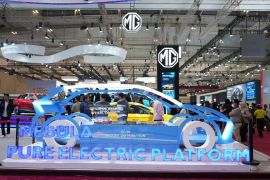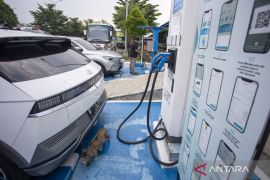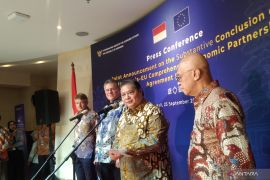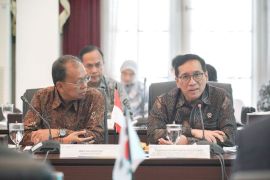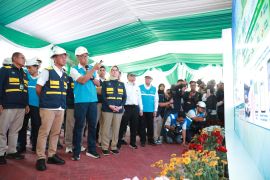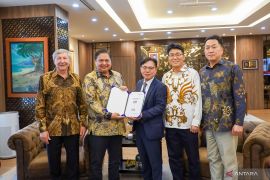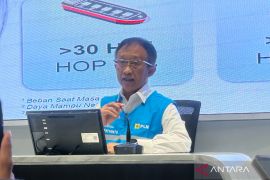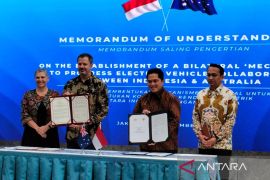Indonesia’s commitment to slashing emissions is clear. Our position was also clear during the COP26 in Glasgow where we conveyed our EV developmentJakarta (ANTARA) - Idonesia;s electric vehicle (EV utilization target reflects the government’s commitment to cut emission levels by 2030 or sooner, according to Coordinating Minister for Maritime Affairs and Investment, Luhut Binsar Pandjaitan.
“Indonesia’s commitment to slashing emissions is clear. Our position was also clear during the COP26 in Glasgow where we conveyed our EV development,” Pandjaitan stressed during a webinar organized by Institut 10 Nopember (ITS) here on Wednesday.
In keeping with its commitment, the Indonesian government is targeting full EV utilization, especially for motor vehicles, by 2060, the minister said.
Global demand for EVs will also lead to an increase in nickel demand, he noted adding that its primary global demand is projected to reach 2,280kt.Ni..
The growth of the battery sector is projected to be the most significant factor for nickel demand growth in the near future, he pointed out.
“The demand for batteries will rise in line with the growing demand for EVs. In 2027, the global battery market will reach 777 GWh. Meanwhile, in Indonesia, the battery capacity needs are predicted to reach 9.8-11.9 GWh in 2029-2030,” the minister expounded.
Given its potential, Indonesia can be a global EV supply chain hub due to its large mineral resources, according to Pandjaitan. The country has reserves of nickel, bauxite, copper that are key minerals for EV development, he said.
Related news: Indonesia providing relaxations to support electric vehicle investment
Therefore, massive and comprehensive investment is required for developing the EV ecosystem in Indonesia since it is very complex and big, comprising raw material suppliers, manufacturers and charging and recycling infrastructures," he noted.
Currently, a 10-GWh EV cell battery factory is being built in Indonesia at an investment of US$1.1 billion, or equivalent to Rp15.9 trillion, the minister said.
The factory is a part of consortium projects worth US$ 9.8 billion, he informed.
“It is such a long work. We are grateful that it happens, and we expect it to start the production in 2023,” he remarked.
Indonesia needs massive investment to build its battery charging infrastructure, Pandjaitan added.
He said that the government is targeting to build 31,859 public EV charging stations (SPKLU) and 67 thousand EV battery swap stations (SPBKLU).
“We have planned to build the charging infrastructures, so no need to worry,” he stressed.
The commitment to climate change, the big potential for nickel and other metal minerals, as well as the serious ambition to realize an integrated EV industry from upstream to downstream are part of Indonesia’s push to build a global supply chain ecosystem either for the battery industry or battery-based EVs, he explained.
“Green investment is the main foundation to realize them all,” he remarked.
Related news: Pos Indonesia presents Smoot electric motorcycles to women couriers
Translator: Ade Irma, Juwita Trisna
Editor: Suharto
Copyright © ANTARA 2021
